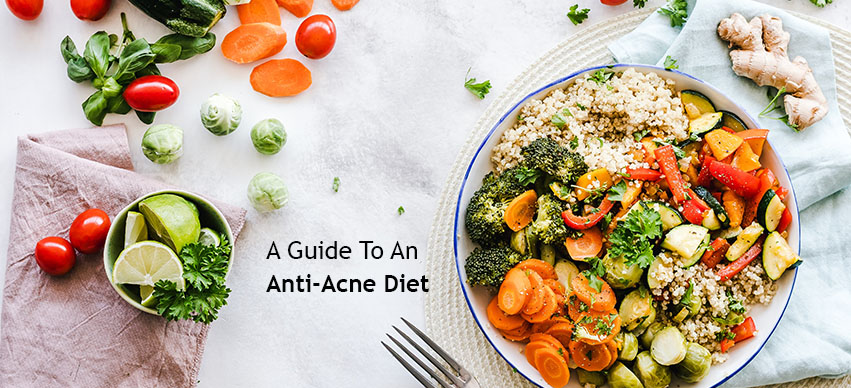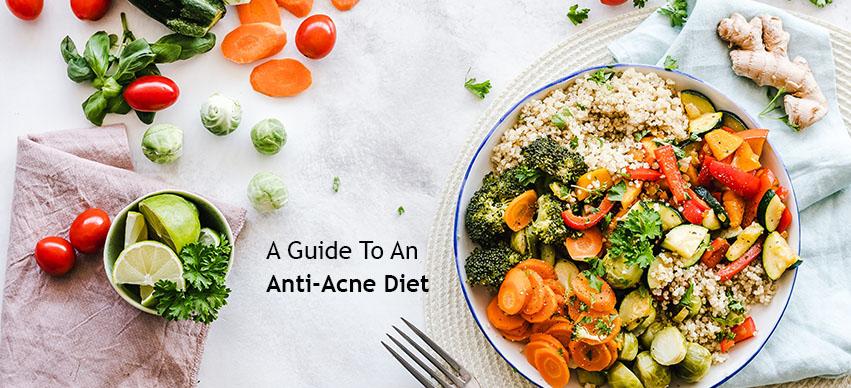Unveiling The Best Collagen Supplements For Women: Enhancing..
5 Min Read


Acne is among the significant skin conditions that affect over 50 million people worldwide. Research has shown that many factors lead to the development of acne. Some of these factors include hormones, blocked pores, skin inflammation, sebum, acne-causing bacteria, and keratin production. The topic of diet and its causes has been a heated debate, but recent studies show that diet is among the largest contributors towards acne development. Let's review deeply the types of foods that cause acne.
Below are some of the foods to refrain from which contribute to acne development;
The advancement in research has heavily linked milk products to acne severity, especially in teenagers. Surprisingly, a test was conducted on young adults showed that those who frequently took milk or ice cream in large quantities are three times more likely to undergo acne development. However, the research is not credible enough to show a cause and effect relation. It only provides connections between milk and acne.
Over the years, milk has been known to increase insulin levels, causing devastating effects on blood sugar, which eventually worsens the acne gravity. Moreover, cow's milk has explicitly amino acids. Large amounts of amino acids force the liver to produce IGF-1, which is a significant contributor to acne formation.
Recent studies have shown that acne people tend to consume more refined carbohydrates than those free from acne. Below is a list of foods rich in refined carbohydrates.
A study on these foods reported that individuals who consume a large amount of added sugars have a 35% chance of developing acne. For the lovers of pastries and cake, they have an 18% chance. Moreover, the risk is well explained by the excesses of refined carbohydrates on blood sugar and insulin levels.
Nutritionists recommend whey protein as an excellent dietary supplement. They are a good source of amino acids, such as glutamine and leucine. These amino acids cause the skin to grow and divide rapidly, which may cause acne development. Moreover, the amino acids also stimulate the body to produce excess insulin, another contributor to acne.
Regular eating of chocolate has also been heavily linked to acne. A recent study reported that daily consumption of 99% of black chocolate by more than 20 grams leads to acne development in 2 weeks. The reason being large acne consumption speeded the immune system's activity to fighting acne, causing bacteria.
Alternatively, what are some of the dietary options to reduce the prevalence of acne?
Here are some of the nutritional hormonal ace-prevention options.
Both have been considered to promote insulin production and hormones, such as IGF-1, which are significant contributors to acne formation. Thus, optical consumption is essential.
Scientists worldwide are promoting a campaign to reduce blood sugar fluctuations by recommending a low glycemic index diet to manage acne. From above, you notice sugary foods increase the level of insulin, which is a significant acne development contributor.
Consume mostly whole and nutrient-dense foods. These are foods such as fatty fish, soya beans, chia seeds.
While you check on improving your dietary check on your lifestyle, diet and lifestyle are highly correlative. Moreover, the presence of acne can have adverse effects on your self-esteem and personal confidence. With this in mind, always remember skin protection should be at the top of the priority list since once you damage, you expose your tissues and cells to the outside world.